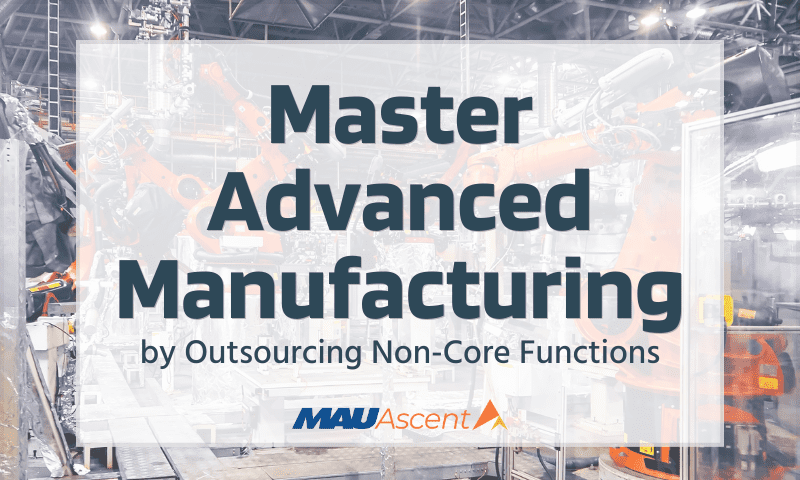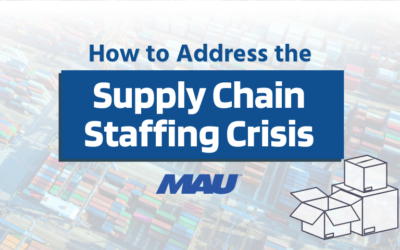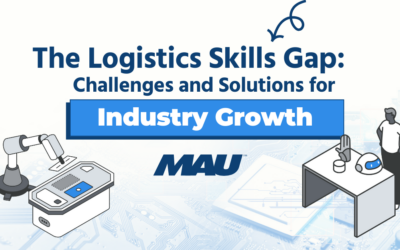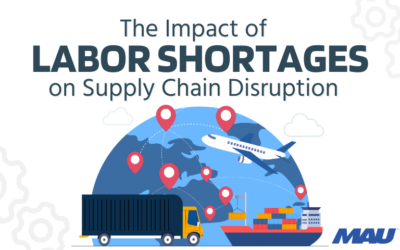As the intricate gears of advanced manufacturing continue to evolve, organizations are under increasing pressure to streamline operations and stay ahead of the technological curve. In this ever-shifting landscape, one strategy shines as a beacon of modern efficiency: outsourcing non-core functions.
For manufacturing professionals and supply chain managers looking to optimize their production processes, this comprehensive guide delves into the strategic steps required to outsource with precision and purpose.
Understanding Non-Core Functions in Advanced Manufacturing
Within the dynamic sphere of advanced manufacturing, the term ‘non-core functions’ refers to those operational activities that, while essential to business continuity, do not directly contribute to product creation. These include tasks such as packaging, maintenance, certain stages of the assembly line, and some types of quality control to a certain extent.
Embracing the paradigm of outsourcing begins with a clear identification of which functions may be considered non-core within the context of a specific manufacturing process. These may range from back-office tasks, such as payroll and regular maintenance, to logistics and distribution.
Here’s a closer look at some key areas where outsourcing non-core functions can be particularly advantageous:
Production Scheduling
This vital but non-productive task is often a prime candidate for outsourcing. By handing this over to experts, businesses can free up their internal planners to focus on strategy rather than the day-to-day minutiae of scheduling.
Supply Chain Management
When specific stages in the supply chain are not core to the manufacturing process, outsourcing can integrate these services seamlessly, enhancing visibility and control without investing in full-time resources.
Inventory Management
Outsourcing this non-core function can prevent stockpile errors and reduce carrying costs, thus optimizing the use of working capital and warehouse space.
Strategic Recruitment and Workforce Management
Recruitment, though critical, can drain resources and detract focus from core manufacturing processes. Outsourcing this function to seasoned experts affords companies a twofold advantage—access to a broader talent pool and the luxury of a streamlined hiring process.
For companies at the forefront of advanced manufacturing, leveraging external expertise for these non-core functions becomes not just a strategic decision but a critical one. By discerning which processes fall into this category, businesses can focus their in-house resources on innovation and product development, thus enhancing their competitive edge.
Benefits of Outsourcing Non-Core Functions
The advantages of outsourcing non-core functions in the advanced manufacturing sector are far-reaching and substantial. Let’s delve into why this strategic move can revolutionize production operations.
Many businesses that use outsourcing say that it increases focus on core functions, and about two-thirds of businesses cite cost savings as a primary advantage of outsourcing. By outsourcing, companies invest in the specialized resources and economies of scale available through third-party providers, reducing the burden on internal budgets and freeing up capital for strategic reinvestment.
In the advanced manufacturing world, staying updated with the latest technology and regulations is paramount. Outsourcing allows companies to tap into experts’ knowledge while mitigating the risk of personnel gaps in specialized areas.
When non-core functions are handled externally, operational efficiency skyrockets. Seasonal variations in demand are managed with flexibility, and companies can benefit from the agility of outsourcing partners who are dedicated to their specialized service.
Choosing the Right Outsourcing Partner
The effectiveness of an outsourcing strategy greatly depends on meticulous partner selection. Several key criteria should be considered when evaluating potential partners to ensure optimal alignment and seamless integration.
First and foremost, cultural alignment should be a top priority. A shared operational philosophy and values will foster a strong working relationship and promote harmonious collaboration. Furthermore, assessing a potential partner’s proven track record is crucial. Examining their past performance and success will provide valuable insights into their reliability and consistency.
Another important aspect to consider is the proximity of the partner’s services to your core business. The closer the alignment, the easier it will be to coordinate operational goals and achieve a seamless integration of processes. This close proximity also enables a deeper understanding of your business needs, which can lead to more effective solutions and outcomes.
Technological capabilities play a significant role in the selection process as well. Partners equipped with advanced technological solutions and a commitment to innovation will be better prepared to adapt to the evolving needs of your manufacturing process. This adaptability is essential in today’s rapidly changing business landscape.
Lastly, the sensitive nature of proprietary data requires stringent security measures. It is imperative to thoroughly vet potential outsourcing partners to comply with industry standards and ensure robust internal protocols are in place to safeguard intellectual property. Prioritizing security will provide peace of mind and protect valuable assets.
By carefully considering these factors and conducting a comprehensive evaluation, you can confidently select an outsourcing partner that aligns with your business objectives and sets the stage for a successful collaboration.
Outsourcing non-core functions is not simply a cost-cutting measure; it is a strategic pivot toward a more efficient, innovative, and competitive approach to advanced manufacturing. By following the guidelines set forth in this comprehensive overview, manufacturing professionals can unlock the full potential of their operation. It is imperative to move beyond legacy processes and embrace the power of strategic partnerships to drive your manufacturing enterprise into the future.






